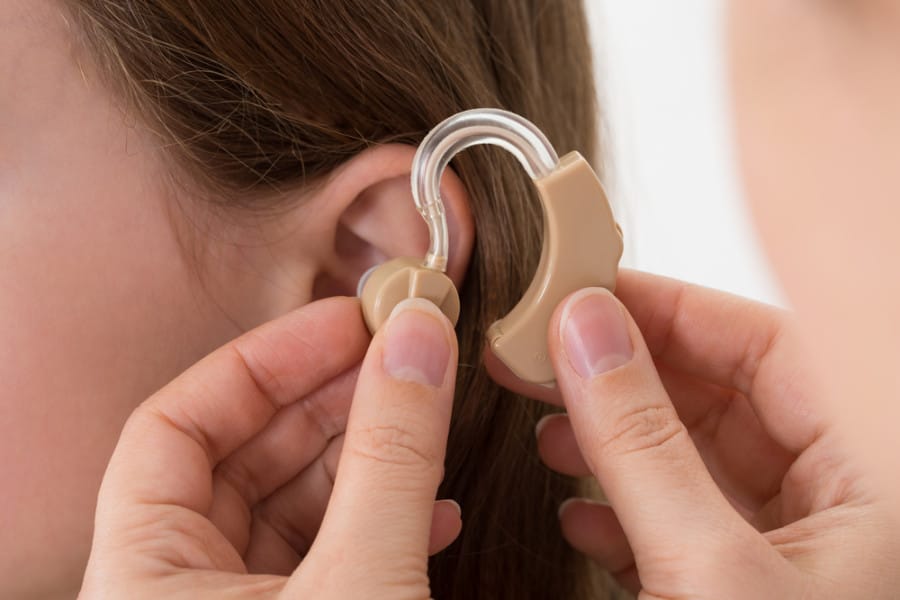Benefits Behind The Social Cause Of Providing Free Hearing Aids
Hearing loss affects millions of people globally, with approximately 466 million individuals suffering from disabling hearing loss, a number that is projected to rise significantly in the future. This issue can have a profound impact on an individual’s quality of life, leading to social isolation, communication difficulties, and reduced productivity. However, offering free hearing aids can result in transformative social and economic benefits.
The High Cost Barrier
Accessing hearing aids is hindered by the high cost associated with these devices, which can range from hundreds to thousands of dollars, making it prohibitive for many individuals, especially those with limited financial means. This financial burden not only affects the individual but also has broader implications for society.
The Social Impact
Hearing loss may lead to profound social consequences, including feelings of isolation and loneliness, communication barriers, and strained relationships with family, friends, and colleagues. Providing free hearing aids can significantly mitigate these social challenges, empowering individuals to actively engage in social activities, maintain strong connections with others, and participate fully in their communities, resulting in a positive impact on mental well-being and overall quality of life.
The Economic Impact
Offering free hearing aids yields substantial economic advantages, as untreated hearing loss can impede educational attainment and reduce workforce productivity, ultimately leading to reduced earning potential. Addressing hearing loss through the provision of free hearing aids creates a more productive workforce, resulting in higher earning capacity, greater tax contributions, and reduced dependence on social welfare programs.
Cost Savings In Healthcare
Providing free hearing aids can lead to potential cost savings in healthcare by mitigating health issues linked to untreated hearing loss, such as cognitive decline, falls, depression, and an increased risk of dementia. Addressing hearing loss early can reduce the need for costly medical interventions and long-term healthcare savings.
Closing The Disparities Gap
Offering free hearing aids has the potential to address disparities in access to healthcare, disproportionately affecting low-income individuals and those from marginalized communities, bridging the gap in healthcare access and ensuring that everyone has an opportunity to address their hearing health needs.
Empowering The Aging Population
As the global population continues to age, the prevalence of hearing loss is expected to rise. Providing free hearing aids can empower older adults to maintain their independence, enhance their social interactions, and improve their quality of life in their golden years.
















